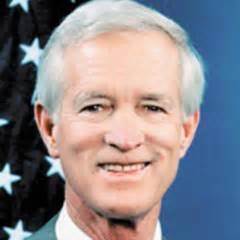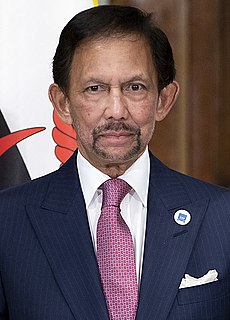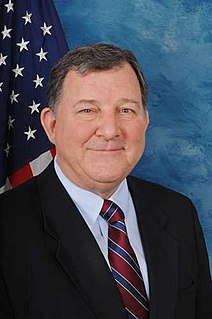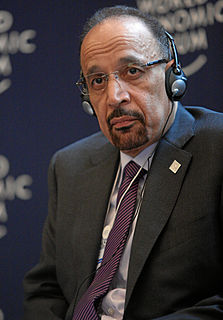A Quote by Philip Anschutz
Oil and gas was an up-and-down business, at best.
Quote Topics
Related Quotes
My heart breaks living in southern Utah on the edge of America's Redrock Wilderness, witnessing what the Bush Administration's policies regarding oil and gas exploitation are doing to our public lands that belong to all Americans. Their policy is not about the public or the public's best interest. It is about the oil and gas corporations' best interests. The Secretary of the Interior is urging the Bureau of Land Management to support the gas and oil industry's most extreme drilling scenario in some of the American West's most pristine and fragile areas without proper legal and public input.
Venezuela has the biggest oil reserves in the world. And the biggest gas reserves in this hemisphere, the eighth in the world. Venezuela was a U.S. oil colony. All of our oil was going up to the north, and the gas was being used by the U.S. and not by us. Now we are diversifying. Our oil is helping the poor.
Scientists had said, "If you keep burning coal and gas and oil, you will melt the Arctic." And then the Arctic melted just as they had predicted. Did Shell Oil look at the melt and say, "Huh, maybe we should go into the solar-panel business instead?" No, Shell Oil looked at that and said, "Oh, well, now that it's melted it will be easier to drill for more oil up there." That's enough to make you doubt about the big brain being a good adaptation.
First, the oil and gas business pays its fair share of taxes. Despite the current debate on energy taxes, few businesses pay more in taxes than oil and gas companies. The worldwide effective tax rate for our industry in 2010 was 40 percent. That's higher than the U.S. statutory rate of 35 percent and the rate for manufacturers of 26.5 percent.
The development of oil and gas resources depends more on capital than labour, and exporting oil and gas neither generates maximum returns from these precious resources nor creates large numbers of jobs within the local economy. As a result, the benefits are typically not shared broadly across society.
































